Product and service line extension happens in brands of all ages from new to old. Extending offerings of a company isn’t a bad thing, if it’s done with branding as a core focus.
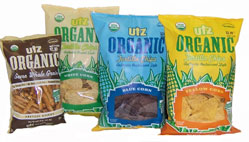
Companies like Proctor & Gamble and Unilever are the leaders of line extension. P&G usually gets it right when it comes to branding new products properly, but they too fall into some typical traps. One such trap is leveraging a current brand name to quickly build trust in a new product that exists in the same vertical, but has different pros to tout.
Brand leveraging is a trap because it dimishes the existing brand. More market share isn’t attained. Instead the market share already held by the existing brand is stolen by the new brand. Obviously, this is not the purpose by any means.
Utz potato chips is a home-grown brand who has recently launched new products to compete in the “natural” and “organic” market place. The new name is “Utz Organic” and “Utz Natural.” Extending their snack offering to hit this new market is a great idea. Doing it under the Utz brand name isn’t.
Utz has effectively leveraged their current market for snacks to build instant name recoginition. Unfortunately no new people are paying attention. Instead the company has divided their fans into those who care about healthier eating and those who don’t. The result is the added expense of manufacturing different product, printing different packaging, and marketing/advertising more. All without the benefit of gaining new customers.
What they should have done is taken their cues from successful companies as mentioned above. Instead of “Utz Natural” the company should have spent money on developing a completley different brand name, identity and marketing. One that wouldn’t blatantly expose the unhealthy, fattening nature of their other products.


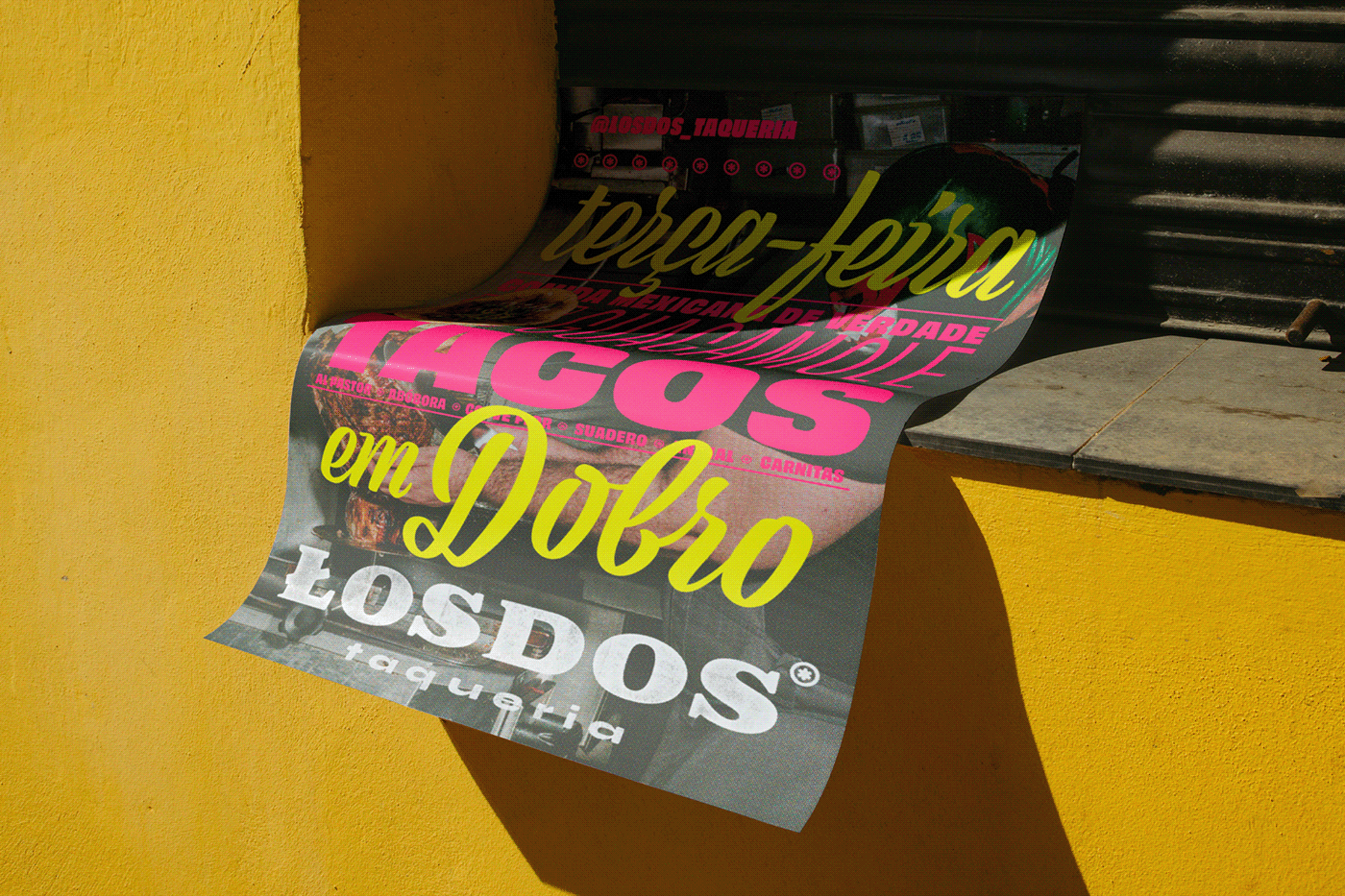
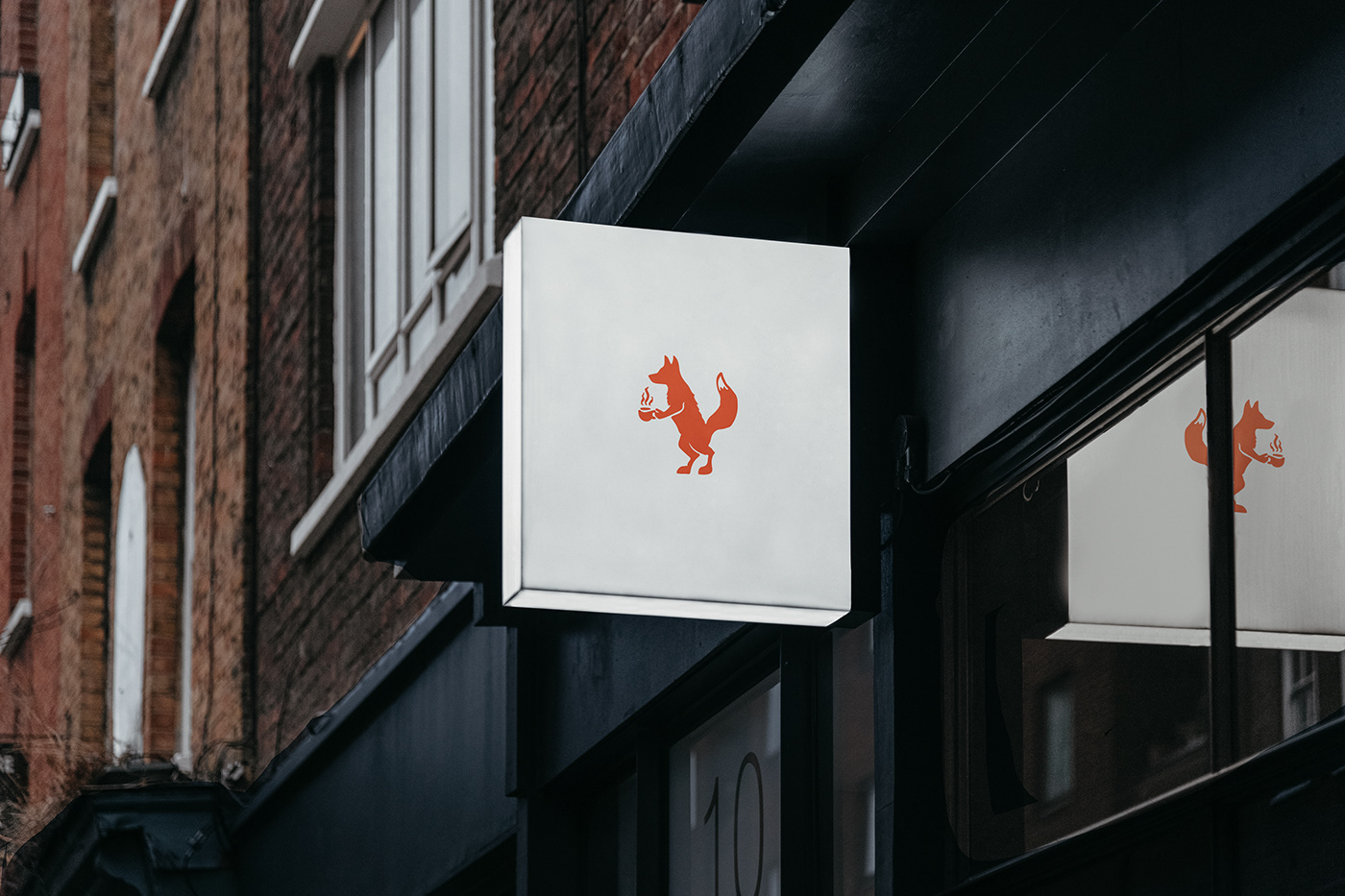
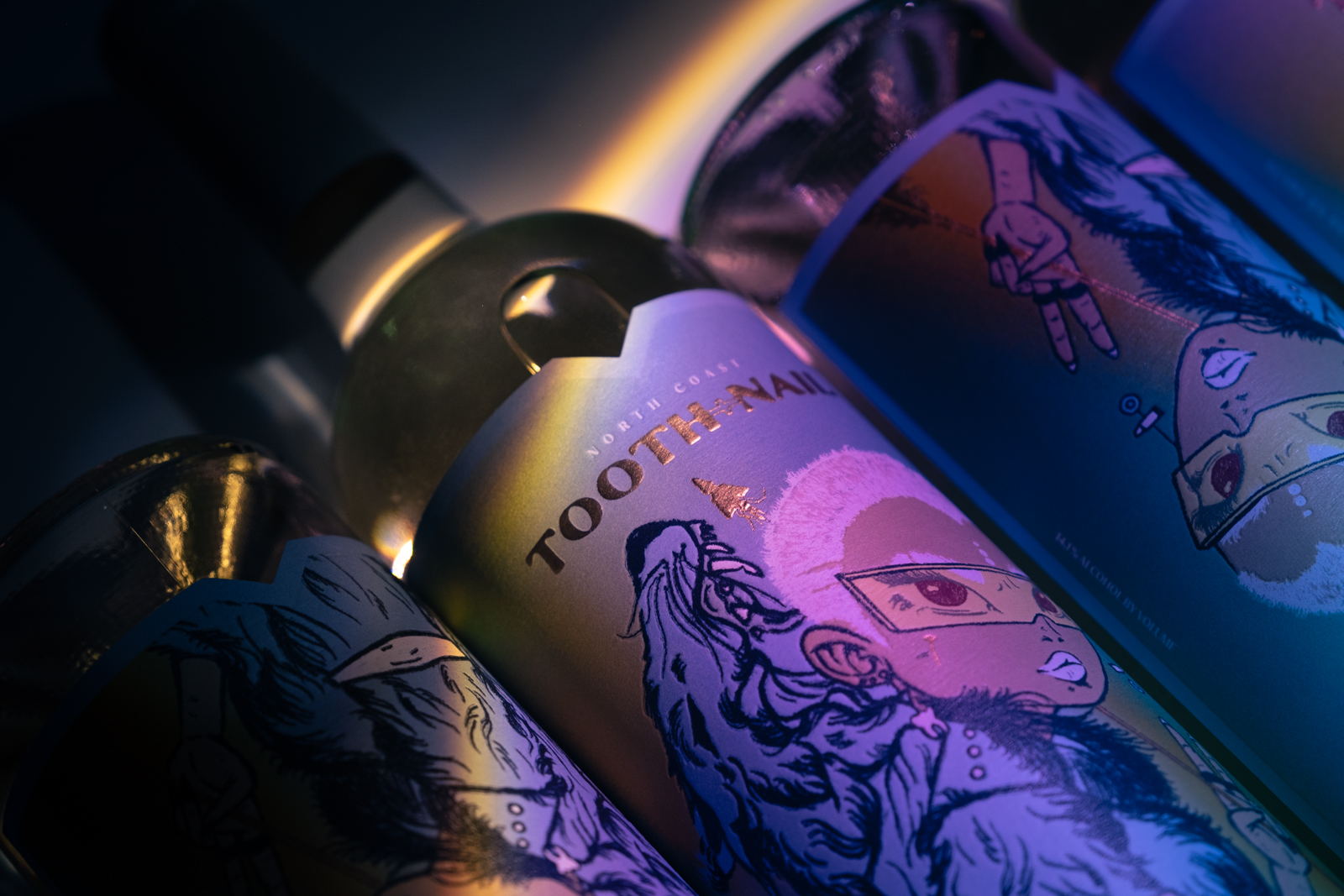

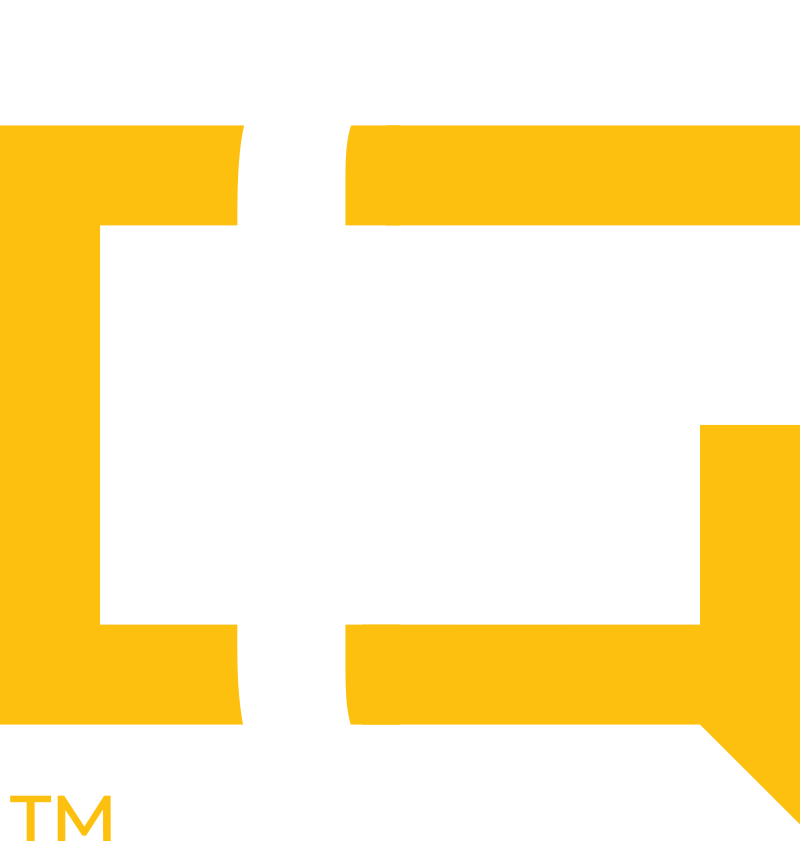
6 Responses
I do agree that when a company decides to extend their product line it is essential not to loose brand loyalty. However, I disagree with your example of Utz not handling this properly. Huge corporate conglomerates such as P&G or Unilever cannot be compared to Utz potato chip company. As an avid lover of the Utz Salt and Vinegar “fatty chip”, I know this company knows their way around a potato. Now that I am on my 09 diet, the next trip down the chip isle at the grocery store will involve me going to my brand of choice and picking there now healthier option. I think the only flaw here was excluding the “Utz Girl” on the package design as she is an icon in the Baltimore area.
Hey Kristina,
Good thoughts.
P&G is definitely in another league, but the theory remains the same. A brand name can stand for one thing and one thing only. It never can stand for more than one thing in a consumer’s mind. It’s psychological.
Martins Chips make amazing kettle-cooked goodness. Utz has been competing with them for decades. By extending their brand into healthier options, Utz now detracts from it’s original offering. This leaves the door open for Martin’s to dig in an reinforce its brand promise of making the best kettle cooked chip.
By extending a product line and leveraging a brand name, market share rarely increases by much. As you just said, you will now eat the healthier Utz instead of the other Utz. Therefore, Utz just lost a customer from its traditional brand and added one to its new brand.
They added the expense of a new product manufacturing, branding, packaging and distribution to just split their customer base and gain little new customers. In doing so, they now opened the door for a smaller snack company to steal more market share in the traditional chip space.
Interesting arguement here. Don’t you think alot of times extending the product line is done as a reaction to competition in the marketplace extending their line?
Not that reactionary marketing and product dev is a good thing but it can be a necessary evil so that your company seems at least somewhat progressive to your customers. Although i’m not a branding expert so who knows.
Yo Paul!
Keeping up with the Joneses is a knee-jerk reaction in business that can cost millions of investment dollars with high chances of lost capital. For what? Just so you can say you’re hip? Sounds like the product just became a marketing ploy. That’s a bad move.
Utz has fostered a brand for decades. Instead of cannibalizing the existing brand, develop a new brand for the new product. See Toyota’s Scion line. See Williams-Sonoma’s former baby West Elm.
Touting “healthy chips” devalues the other chips. It puts a negative mark on them in the eyes of the existing brand lovers. A new brand will start to create its own followers and brand lovers. They still compete, but now more Utz lovers stay with Utz and New Product chomps onto competing brands’ market share.
Yea i get the keeping up the the joneses but in the real world it happens daily and perception is 9/10ths reality. Innovation is definately key i agree whole heartedly, but unfortunately those kneejerk reactions happen all the time.
I wonder what the production cost was on the healthy chip, better yet…who wants a healthy chip anyhow? I eat chips because they taste good, if i want healthy i’ll grab a freakin rice cake…lol
Haha. Yummmm. Chips.
Serious point: I agree with you. It does happen all the time in companies big and small. It fails all the time too. GM, Chevy, Ford, etc. Talk about over-extended product lines!